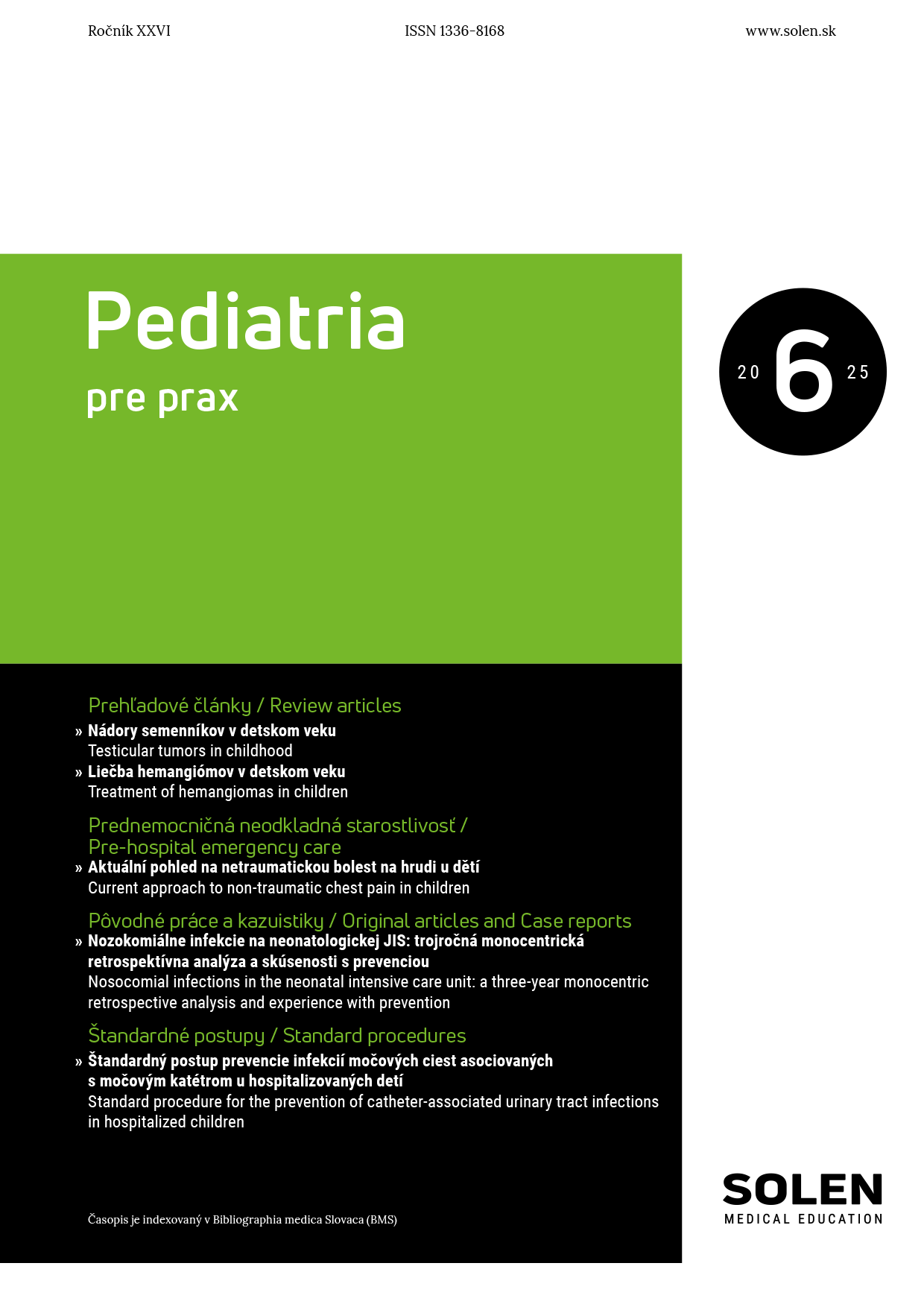Psychiatria pre prax 3/2004
Memory and Schizophrenia
Cognitive deficit in schizophrenia plays a key role in the functional outcome of the disorder, including occupational and social functioning. One of the principal cognitive dysfunctions is memory impairment that can affect significantly other cognition. Neuropsychology suffers from disagreement on memory terminology. Neuroanatomical brain structures related to the memory deficit in schizophrenia have been recently identified: prefrontal cortex, hippocampus, temporal lobe, superior temporal gyrus, parahippocampal gyrus, cerebellum white matter volume. Research of memory deficit in schizophrenia is focused primarily on working memory and dysfunction of information processing: slow processing, impaired coordination and organization of information. In the treatment of cognitive deficit, a complex approach is being used, combining rehabilitation techniques and administration of the second-generation antipsychotics. In addition to a decreased need for adjuvant anticholinergic medication, all new antipsychotics have proven to be effective in improving cognitive deficit. Other experimental pharmacological options are currently under investigation.
Keywords: memory, schizophrenia, cognition.

















